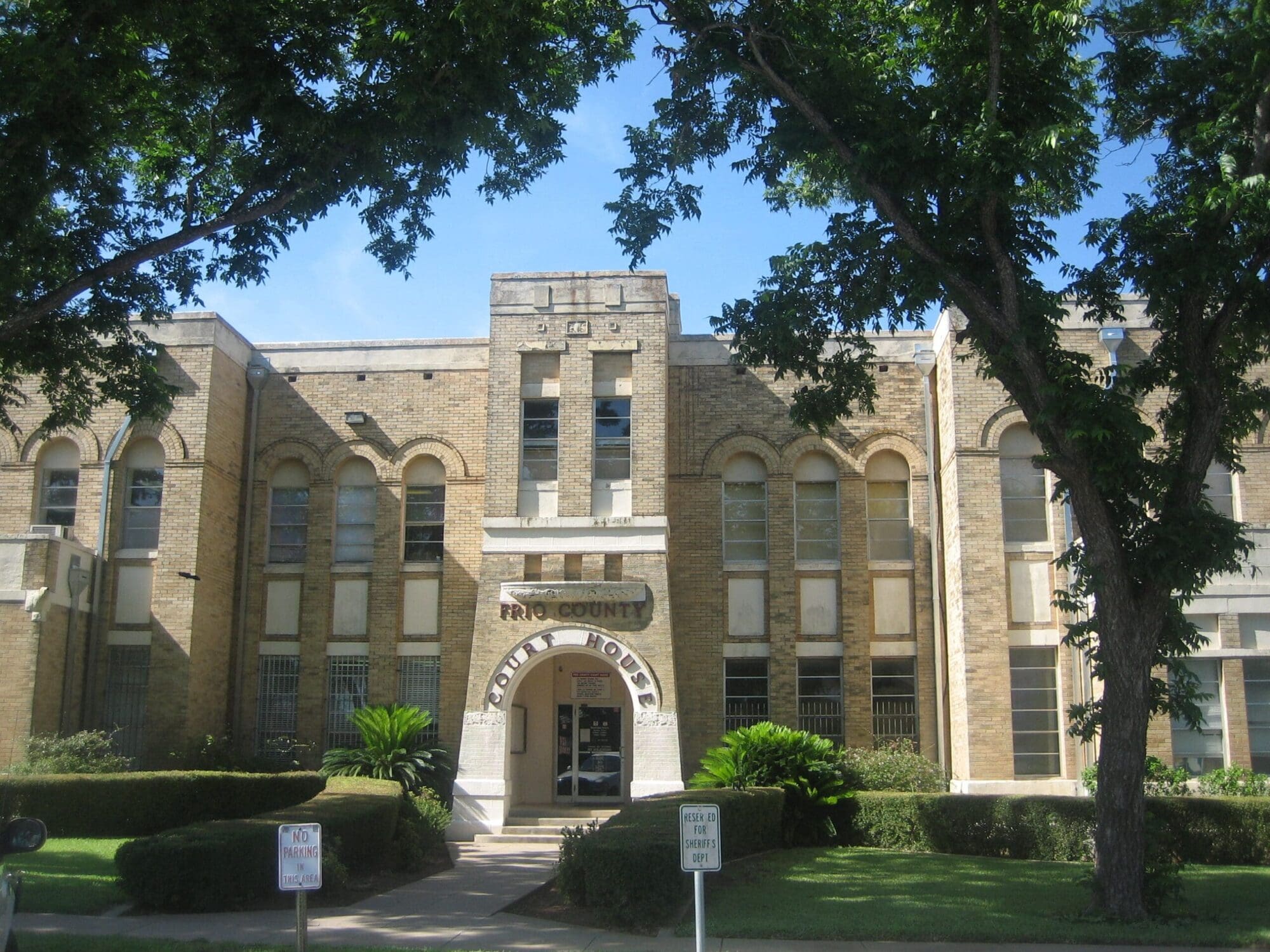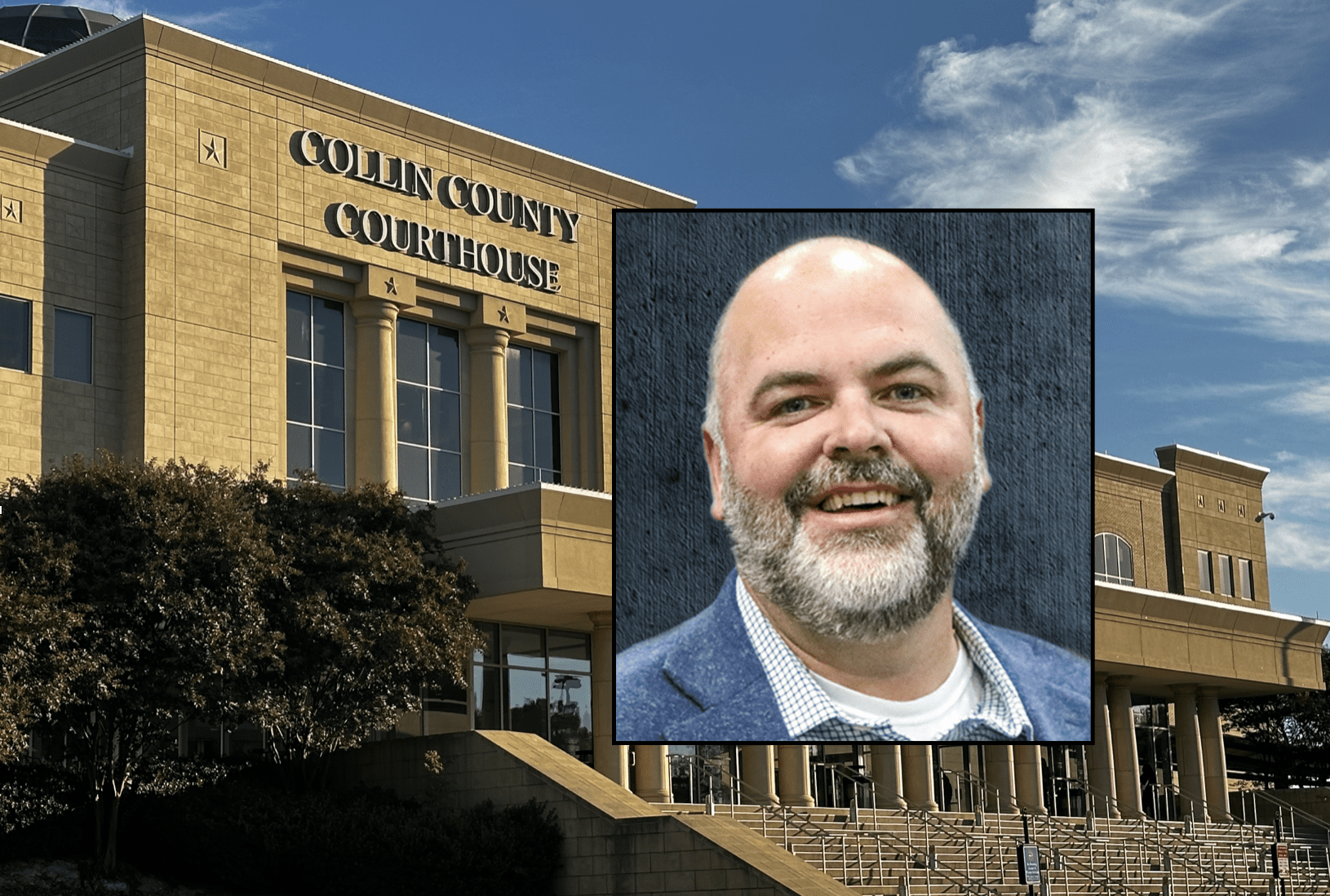Dallas city voters may be asked to consider approving ranked-choice voting for future municipal elections, even though the controversial process is not allowed by state law.
Ranked-choice voting is among dozens of city charter changes under consideration by a 15-member Charter Review Commission that could show up on Dallas voters’ November ballot.
The charter amendment was suggested by commission member David de la Fuente, who represents District 1.
His amendment proposes switching the City of Dallas “away from a runoff system to a ranked choice voting system once state law permits.”
According to de la Fuente, his proposed charter language is identical to what the City of Austin put in its city charter “after vetting by their attorneys and approval by their voters.”
Austin voters approved ranked-choice voting in 2021, but city officials there said they could not implement the change because the state’s election laws do not allow for the voting process.
With ranked-choice voting, also known as preferential or instant runoff voting, voters rank each candidate in a race by order of preference. If no candidate receives a majority of first-place votes, then the lowest-ranked candidate is eliminated and voters who preferred that candidate have their votes transferred to their second choice.
The process continues until one candidate accumulates a majority.
Proponents emphasize that the process avoids costly, low turnout runoffs.
Last year, Democrats in the state House and Senate proposed legislation to allow preferential voting in “nonpartisan” city and school district elections, but the measures did not receive hearings in either chamber.
Opponents argue that ranked-choice voting is confusing, slow, and disenfranchises voters who don’t have enough information or time to rank long lists of candidates on a ballot.
Ranked-choice voting can also lead to candidates who receive fewer initial first-place votes ultimately winning a race over a candidate who was preferred first by more voters.
“RCV means longer ballots, longer lines, voter confusion, inaccuracy, and results in voters being disenfranchised. It should not be allowed in Texas or anywhere else,” Advancing Integrity President Christine Welborn told Texas Scorecard.
A new report from the Texas Public Policy Foundation notes that five states have banned ranked-choice voting. Legislation to prohibit preferential voting in Texas passed the state Senate last year but did not receive a House hearing.
Dallas Charter Review Commission members discussed the ranked-choice voting suggestion at a March 26 meeting and voted 8-6 to include it in a final list for consideration at the end of the review process.
Adopting ranked-choice voting is one of more than 100 proposed charter amendments that the Commission received.
The Dallas City Charter requires that the charter be reviewed by a commission every 10 years.
City officials and residents may propose amendments.
Commission members then review the submissions, hear public comments, and report their recommendations to the city council.
The current Charter Review Commission is scheduled to submit its report to the city council by May 21.
After receiving the report, city council members may adopt, modify, or disregard the Commission’s recommended amendments and/or propose their own.
Texas Scorecard previously reported on another proposed charter amendment that would allow non-citizens to serve on city boards and commissions.
Other election-related proposals include moving city elections from May to November of odd-numbered years and extending council terms to three or four years from the current two-year terms.
Proposed city charter amendments must be approved by a public vote.
Amendments that are approved by city council will appear on the November 5 ballot.
Dallas voters can contact the city’s Office of Government Affairs with questions about the charter review.
No ads. No paywalls. No government grants. No corporate masters.
Just real news for real Texans.
Support Texas Scorecard to keep it that way!





